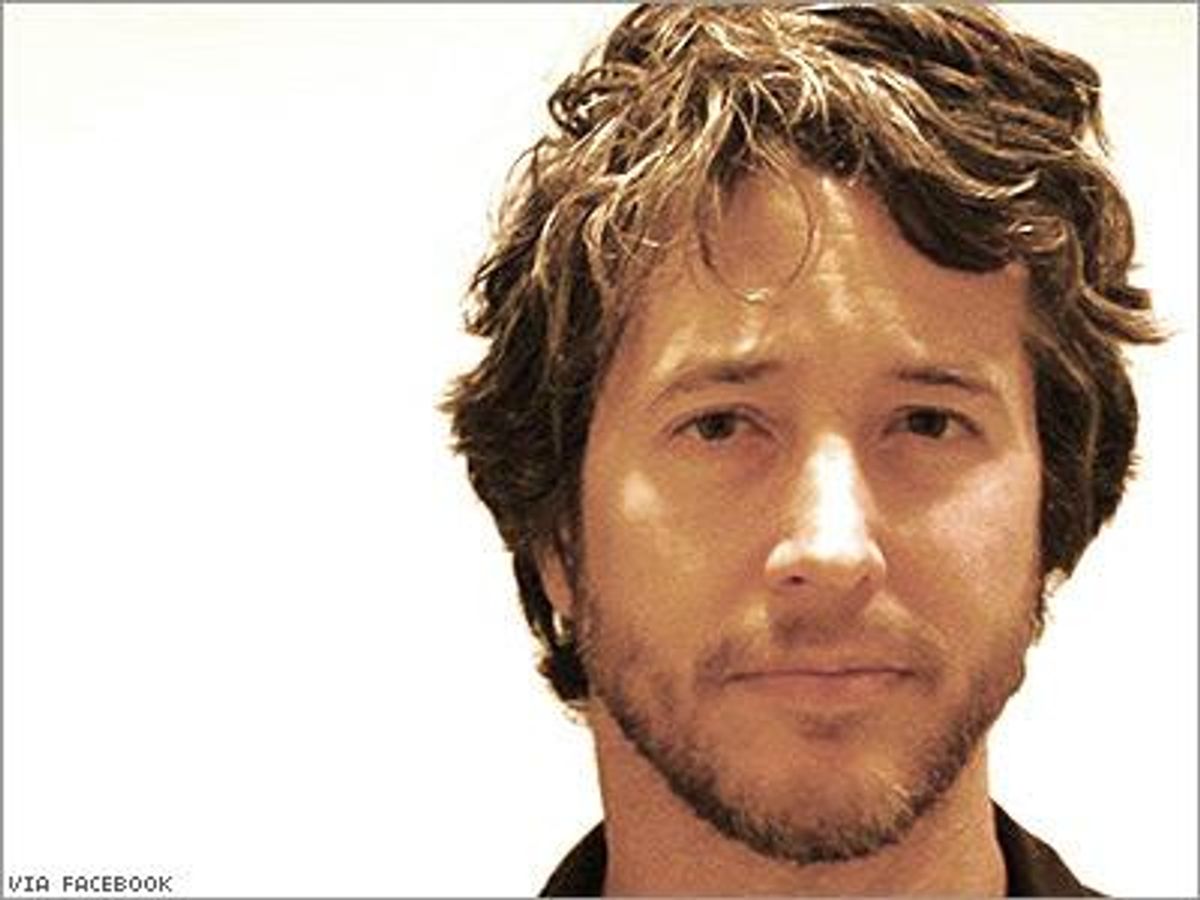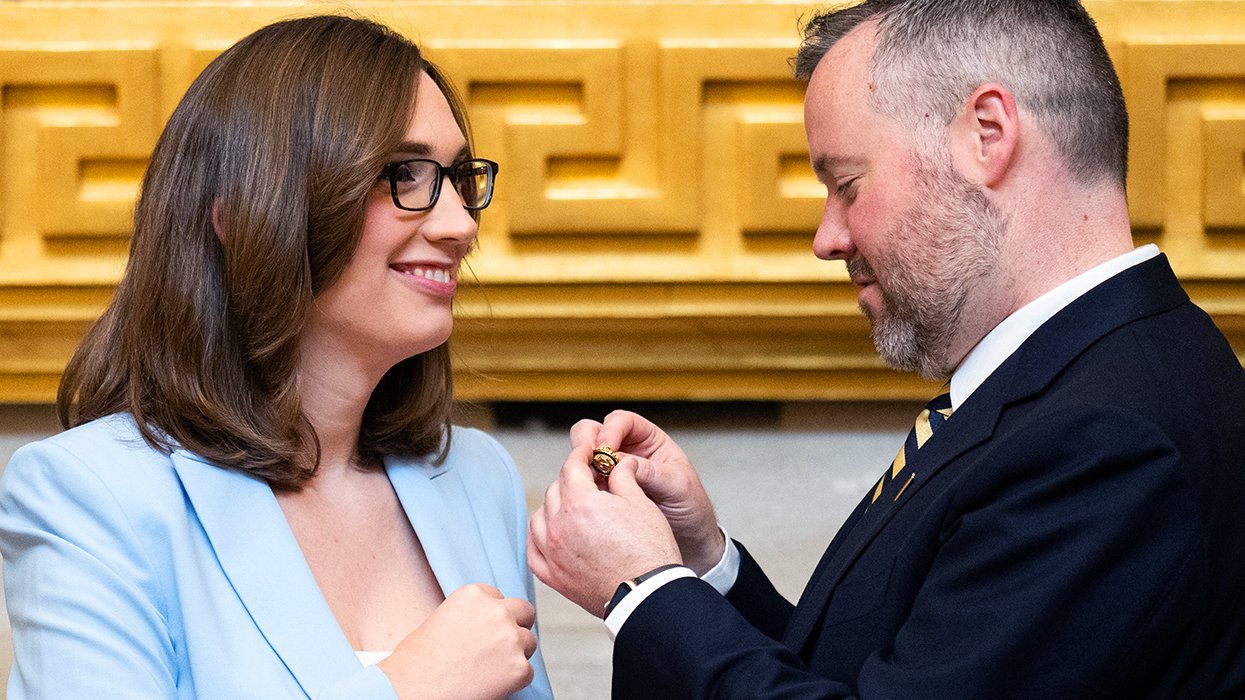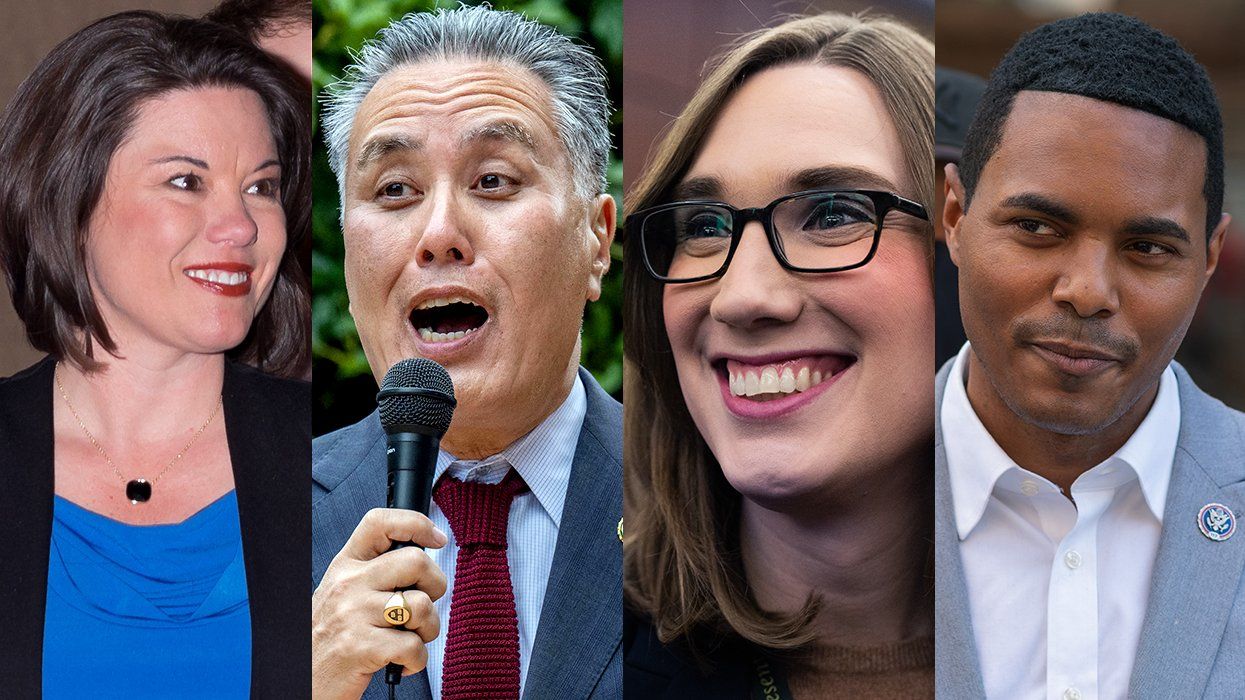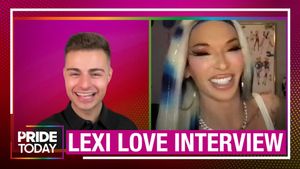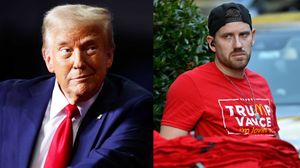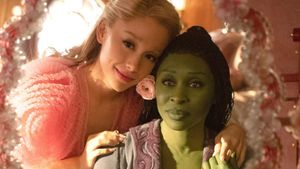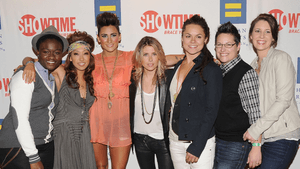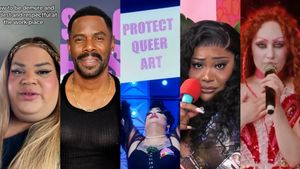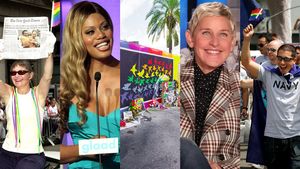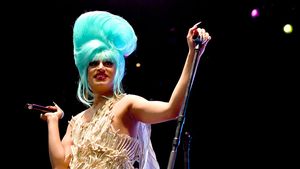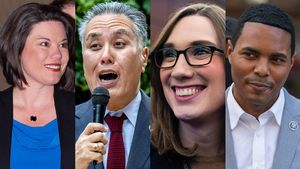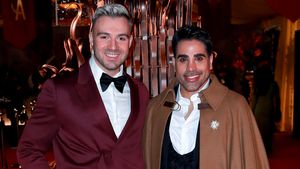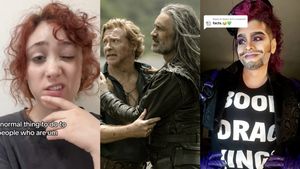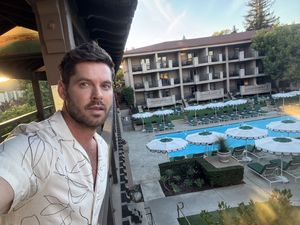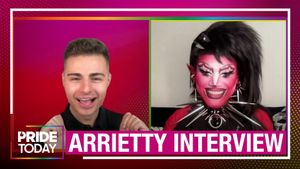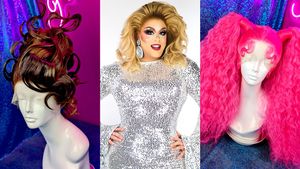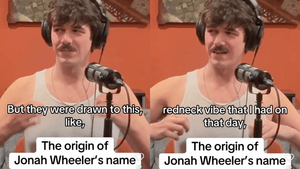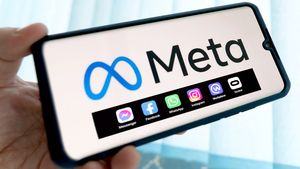We have a history of being beaten. Any of us femme enough or old enough know this in our gut --some places just aren't safe. Also: many of us practice a sort of double calculus, a survey of surrounding threats that sifts and measures and listens for two very different kinds of muscle.
In New York a few years ago for New Year's my friend Kevin and I were walking down Steinway in Queens when a group of young toughs appeared in the distance wielding crow bars, laughing, shoving each other, and sipping what looked like booze in brown paper bags. They approached us lazily like young wolf pups in a newly-formed pack. Kevin and I, both in hoodies and jeans, kept talking nonchalantly: the wigs, size 10 man-heels, martinis, and loudly-played Madonna was what we left behind when we locked his apartment door and entered the city streets.
There is the threat of the street: the young toughs with crowbars in New York City or, where I'm from, the rednecks in cowboy boots looking to kick some faggot ass. I can remember a time when boots were banned in gay bars because it helped keep the wrong sort -- the sort that wanted us black and blue on the dance floor -- out.
There is the threat of the street and then there is another threat, just as muscled and angry and spread out over millennia: the threat of the uniform, the squad car, the billy club.
Sometimes this threat approached at the same time in both its guises. I've heard that when the drag queens advanced on the cops at Stonewall, linking their arms and kicking up their heels and singing, angry street toughs threw bottles at them from the sidelines. Street toughs and the NYPD are often at odds but, in their past hatred for us, united during those long, noisy nights in June 1969.
These days that threat seems smaller. Kevin and I, even if we'd been wearing heels, might, just maybe, have been left alone. And these days, if the kids had pounced, it's likely the cops would have come to our rescue. Probably. Usually. Most of the time.
So when the #BlackLivesMatter protests began first in Ferguson and then New York and, later, everywhere, I was instantly sympathetic. I knew the history of police abuse. I was chilled by the sight of police with weaponry I'd only seen in pictures from Iraq facing down unarmed black men and women with their hands up, no matter all the many, many times I've seen good police.
There are plenty of good, upstanding, brave men and women on the force and yet there's also our very specific history with that uniform: just six years ago here in Dallas an HIV-positive man was given a 35-year sentence for spitting on a police officer even though the CDC says HIV cannot be transmitted through spitting. Just this week, the FDA said it had plans to "ease" the ban on gay men donating blood but, when you drill down into it, even though science doesn't support it, the FDA only lifted the ban on celibate gay men. This history isn't really history.
And yet.
Looking around, I didn't hear many LGBT people speaking up when Ferguson blew up, when Eric Garner said he couldn't breathe, when a little 12-year-old black kid with a toy gun was executed at the park.
Crickets. Gay crickets. A solidarity statement here, a banner there, but, mostly, crickets.
What value is history if we don't believe it and keep it close?
Which reminds me of another unbeliever, a man I was emailing this past fall during the unrest in Ferguson, and then in New York, and then everywhere. He's an evangelical Christian man, a 20-something up-and-coming leader who doesn't believe homosexuality can produce real, faithful, faith-filled love. Friendly enough on Twitter, he and I entered into a series of emails in which I made my case and he made his. Polls show that while many young Evangelicals are coming around we often ignore the other story those same polls tell: some are not. If, as my gut tells me, we are reaching "peak gay," we may arrive at a sticking point where around 25 percent of the next generation doesn't support our right to love. That's a lot of people. Most of them, evangelical Christians.
The most shocking thing that came out of our conversations was that this up-and-comer in Evangelical Christendom, who I'll call EC, does not see -- cannot see -- and will not see that there has been a history of violence against LGBT people. For him this is a "narrative," a story sold by activists who simply want to destroy the world around them, activists who hate God and religion and all things good and are determined to destroy, destroy, destroy. Any example you provide EC of LGBT people being killed, spit on, abused, or kicked out of their homes is, to him, a single, solitary, tragic event. In his eyes, these incidents are not a part of a long history of abuse, a history that is a direct result of church teachings. Any time you provide EC with evidence that there are even some LGBT people who want to be part of the church he sees deception; a front.
Where we see a history he sees small, tragic events. Where we see a diverse group of LGBT people who want different things in terms of religion but who all want the freedom of loving and living out loud, he sees a group of angry activists with pitchforks who, even if they sometimes mask their pitchforks with soothing words, are hell-bent on destroying all that he loves about his faith.
I don't know very many black people, possibly because I've spent the majority of my life in the South. Even so, I can divulge this well worn trope, because it's true: three of my closest friends are black. I spent years working with young black men in housing projects on the east coast and with young black women as a social worker in Oklahoma. And yet: those experiences and those deep friendships have only shown me how little I actually know about what it is like to be black in America -- I simply cannot say that because of these friends or my altruistic attempts that I "know" black people or their lives or their history. I get glimpses, here and there, but it is always as if through binoculars. I can never truly know what the experience of having black skin in America is like no matter how hard I try.
What I do know is that I cannot allow myself to be like EC. Where I have mostly seen from my safe, easy life a series of tragic events involving black people -- this lynching portrayed in To Kill A Mockingbird or that man being choked til he died -- from my perspective these look like singular events while, from activists in the #BlackLivesMatter movement, these events are part of a long history of violence against their grandfathers and grandmothers and mothers and fathers and sisters and brothers and, yes, even their 12-year-old children playing, as American kids will do, with toy guns. When we see on the news that "they" are burning things down and "they" are assassinating police officers it's easy to, like EC, see activists bent on destroying all that is good. In all honesty, EC is partly right -- there are LGBT activists who would like nothing more than to destroy religion, but being inside this movement, we know it's bigger than that.
We contain multitudes. We are all -- left and right, conservative and liberal -- simply looking for love. And while there may be black people within the #BlackLivesMatter movement set on destroying and tearing everything down, any cursory look at these past few months of protests tell a very specific story: if those people exist they are few and far between.
Will we as LGBT people stand up and march? Is it only that strange, long-winded acronym, LGBT PoC, who will deign to hold their hands up in support?
I think about Cornel West who said that "justice is what love looks like in public."
I think of EC who refuses to love us because he only allows himself to see those of us bent on destroying him and his faith.
I think of so many men and women in police departments across the country today who only see the protesters as people hell bent on destroying this nation.
I think about the activism of Larry Kramer -- an angry, spitting-mad protester if there ever were one-- and I think about all he won for us and all we owe him, and that phrase so commonly associated with him that it's now the title of a book: "We must love one another or die."
We have always been and always will be both black and blue: all lives matter but our focus must center on whichever lives, in our own time, in our own moment, matter least.
RANDY ROBERTS POTTS is a freelance writer focusing on conservative communities and "gays, guns, and god." He has been published in The Washington Post, The Dallas Morning News, The Advocate, This Land Press, D Magazine, and Box Turtle Bulletin, among others; Randy was also a contributor to the "It Gets Better" project.
